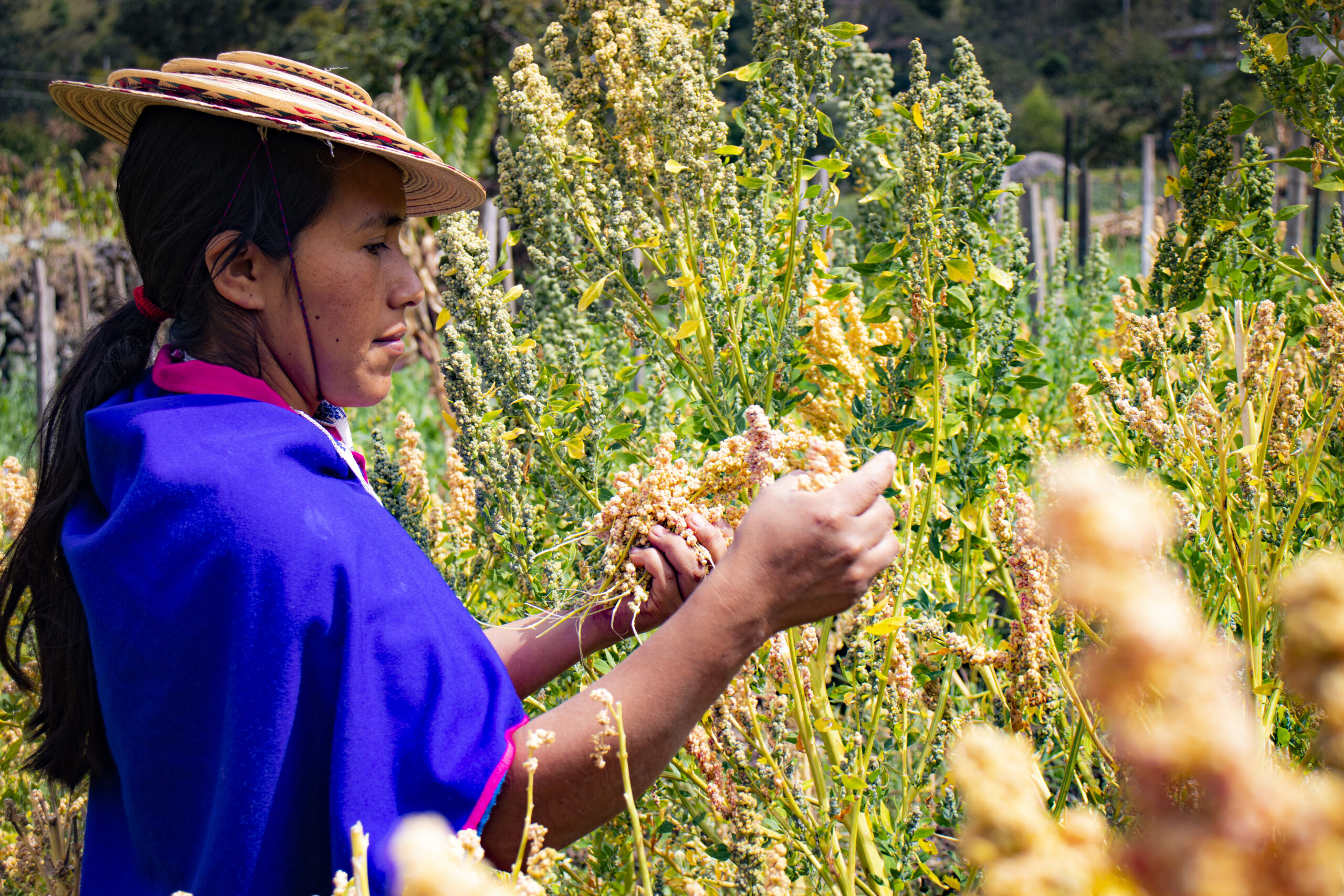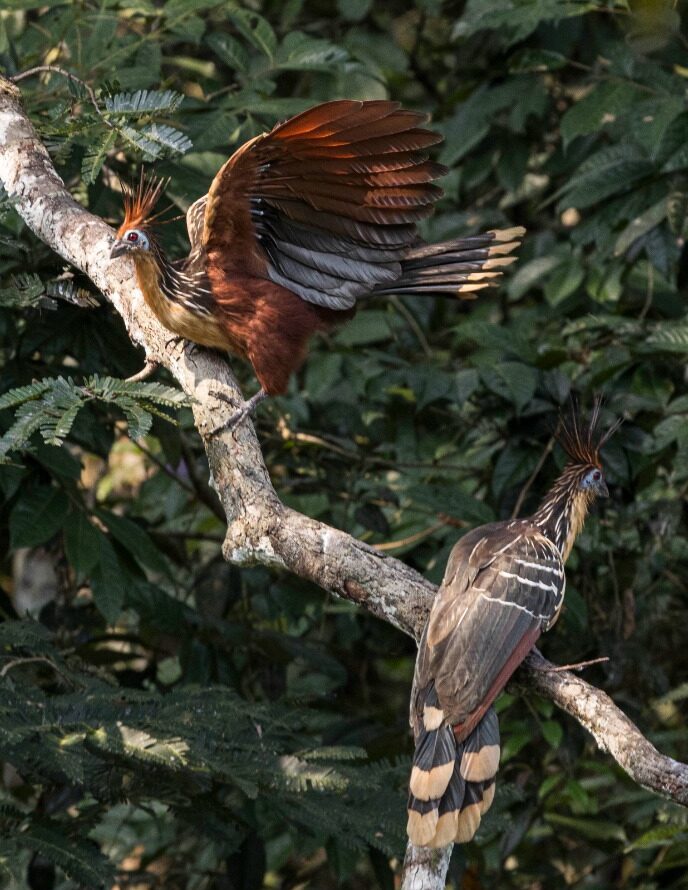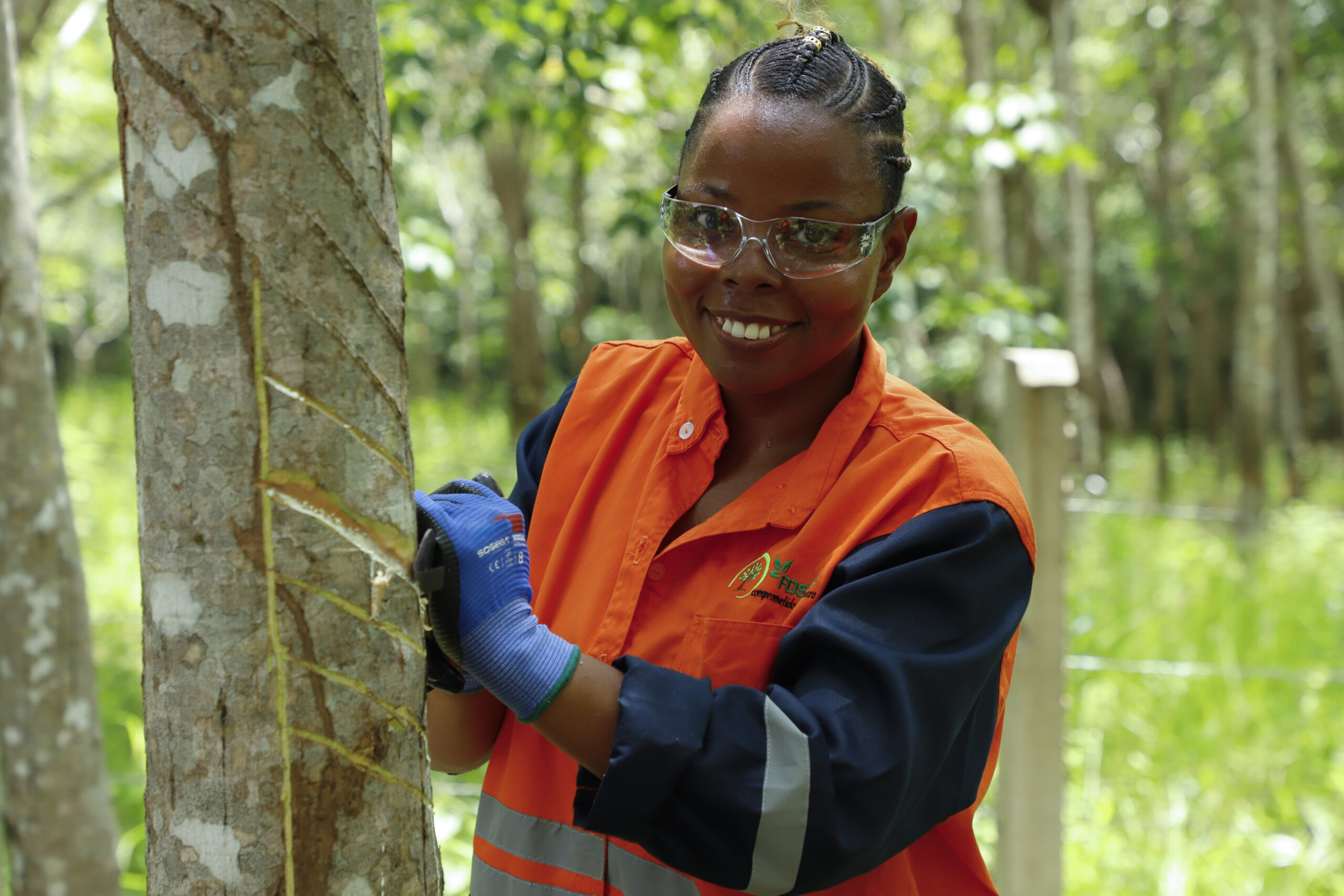Case Study
Safeguarding Colombia’s Natural Wealth
Advancing Conservation, Inclusive Development, and Peace
Natural Resource Conservation

The Challenge
Colombia is one of the most biodiverse countries on Earth, home to more than 50,000 species and a stunning array of ecosystems – including the páramos of the Andes, the Pacific rainforests, Caribbean mangroves, and Orinoquía savannas. This ecological wealth is matched by its cultural richness: Colombia’s landscapes are stewarded by diverse peoples, including Indigenous nations, Afro-Colombian communities, and rural farmers whose ancestral knowledge and deep ties to the land are vital to conservation. Yet decades of armed conflict, extractive pressures, and climate change have threatened both Colombia’s natural heritage and the well-being of its communities. Deforestation, illegal mining, and land degradation have fragmented ecosystems and fueled insecurity. In post-conflict regions, communities face the dual challenge of rebuilding livelihoods while also protecting the territories they call home.Our Solution
Partnerships to Restore Ecosystems and Diversify Livelihoods
Chemonics partnered with Indigenous and Afro-Colombian groups, producer associations, and local governments to co-create and implement solutions that restore ecosystems, diversify livelihoods, and strengthen territorial governance.
- Payment for Ecosystem Services. In Colombia’s high Andean páramos, Chemonics supported watershed-based payment for ecosystem services (PES) schemes that linked upstream conservation with downstream water users. By developing hydrological modeling tools, we were able to accurately assess the impact of land use on water regulation and sediment control, guiding investments the Amaime River Basin. These models engaged agro-industrial companies, in the sugar sector and other industries, in financing conservation. In three micro-watersheds of the Santa Rosa del Sur, we co-financed innovative “public works in lieu of taxes” mechanisms with the private sector.
- Conservation Models for Agricultural Frontiers. To address deforestation from agricultural expansion, Chemonics promoted systems, agro-forestry, and sustainable land use in livestock, rice, and cocoa production. These models restored biodiversity and improved productivity across Colombia’s agricultural frontier. Producers adopted sustainable management practices for over 100,000 hectares of farmland in the Andean, Caribbean, and Orinoquía regions.
- Promoting Nature-Based Enterprises. Chemonics supported 32 community-based small businesses in agroecology, honey, achiote, and nature tourism—many led by women and youth. In Bajo Cauca, former loggers became forest stewards while youth and women led biodiversity monitoring and marketing efforts. Socio-enterprise models were developed to scale sustainable production, generating $5 million in milk sales and $1.4 million in agricultural and fisheries revenue.
- Advancing a Responsible Mining Sector. In regions where informal mining drives deforestation, water contamination, and biodiversity loss, Chemonics recognized that formalization offers a pathway to reduce environmental harm while improving livelihoods. We supported more than 1,300 miners to formalize their operations, resulting in over $195 million in legal gold sales and the removal of more than 70 metric tons of mercury from Colombia’s ecosystems.
- Building Institutional Capacity and Inclusive Governance. Chemonics trained over 23,000 individuals – 70% Indigenous and Afro-Colombian, 44% women, 26% youth – in climate resilience, land use planning, and sustainable production. We provided technical assistance to more than 130 institutions, including Colombia’s Ministry of Environment and regional environmental authorities.


The Impact
Reducing Emissions, Promoting Sustainable Agriculture, and Raising Revenues.
- Climate Change Mitigation: Our efforts avoided over 12 million tons of CO₂ emissions, including verification of 10.5 million carbon credits. Improved management of over 1.3 million hectares of forest and high mountain ecosystems.
- Sustainable Agriculture: Chemonics supported silvo-pastoral and agro-forestry systems across more than 100,000 hectares, reducing deforestation and greenhouse gas emissions, while improving soil health, water quality, and habitat connectivity.
- Conservation Capacity: We trained 110 biodiversity monitoring patrols, deployed 150 camera traps, and documented 572 species.
- Responsible Mining: Chemonics formalized over 1,300 mining units, enabled $195 million in legal gold sales, removed 70 metric tons of mercury, restored 2,000+ hectares of degraded land, and supported alternative livelihoods for 1,000+ miners.